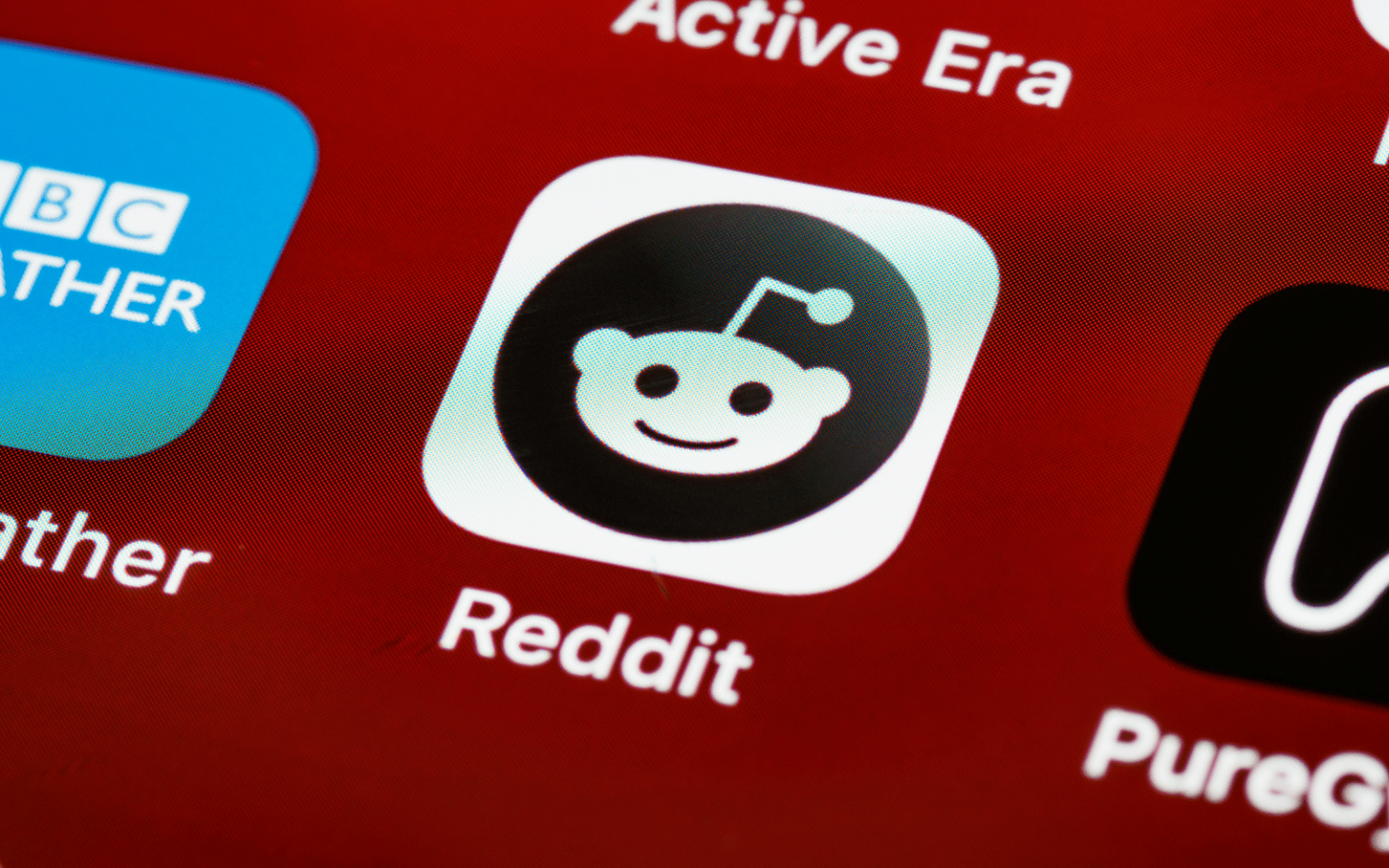If only tweets could come true. Wouldn’t you love to see Elon Musk fight Mark Zuckerberg in a cage fight? I’m no fan of physical confrontations like boxing or mixed martial arts – but I’m sure I could eat a bowl of popcorn watching the two mega-dorks of all geekdom fight it out. All of geekdom, as it happens, seems to be thrilled at the prospect. There are memes and everything. Zuckerberg would obviously win because the Facebook CEO is a practising health fanatic with an overzealous competitive streak, who has recently embraced competitive jiu-jitsu. Just kiss already “I’m up…
Author: Toby Shapshak
When Google introduced a way to sell YouTube video adverts on other websites, it offered its customers a quick way to expand their video adverts’ reach. But Google violated its own service obligations by as much as 80%, according to an explosive new report by research firm Adalytics, which tracks how adverts appear online. While Google promised advertisers they would “gain up to 20% additional reach for a given budget” and that its video partners would be “high-quality publisher websites and mobile apps”. They weren’t. A true view of Google’s schemes Google violates those standards about 80% of the time, says Adalytics.…
Most non-geeks have never heard of Reddit, nor know of its centrality to online culture. Once labelled “the front page of news on the internet” – a title once held by Twitter, and now usurped by TikTok – Reddit is the granddaddy of internet forums. It’s as much of an institution as the internet is, partly a throwback to the early bulletin boards and partly its highly engaged community. For a long time, it was the de-facto source of internet memes – before social media apps took over that role. Despite the advent of so many other ways to lure…
On TikTok, the world’s most famous shipping tragedy never happened. Or, to put it in the words of one conspiracy theorist: “The Titanic NEVER actually sank”. During this half-minute video, the man who says this also peddles a favourite theory that the Titanic was actually replaced with its sister ship the Olympic, as part of an elaborate insurance scam. Another TikTok video – that someone commented on “the titanic never sank!!!” – was seen 111 million times earlier this year before it was removed. Yet another conspiracy theory is that the sinking was a “hit job” by financier J.P. Morgan…
Talk about not reading the room. A week after Binance.US was charged for “blatant disregard” of US securities laws, its local office invited journalists to “discover the world of Binance”. On the same day, I was invited to “an evening of discovery as we showcase the blockchain ecosystem, Binance” – a PR firm sent me an email titled, “Myth: Crypto is a Ponzi scheme.” It was from a “senior conversation architect” and starts, “In our Crypto Myths – Debunked! series, we take the most common misconceptions and show them for what they really are. It is an important part of…
Instagram not only hosts child porn accounts, but its algorithms promote them, according to a bombshell new investigation that revealed a “vast paedophile network”. Paedophiles are notorious for using the internet for their own nefarious purposes, often using obscure chat forums to share their smut. “Instagram doesn’t merely host these activities,” the Wall Street Journal (WSJ) reported. “Its algorithms promote them. Instagram connects paedophiles and guides them to content sellers via recommendation systems that excel at linking those who share niche interests,” the Journal found in its investigation with researchers from Stanford University and the University of Massachusetts Amherst. They…
South Africa’s education system is crumbling and 10-year-olds can’t read for meaning. As much as we are failing at these, well, crucial country-building things, we are unfortunately excelling at tenderpreneuring. How else do you explain the latest inflated invoice scandal over a so-called app store that can’t take payments, nor let you download the apps that aren’t on sale? The Department of Communications and Digital Technologies built a website called DigiTech, which it calls “a digital products portal”. The site’s purpose “is to collect data about digital products developed in South Africa with an aim of supporting the products’ technology…
We won’t know until early next year if Apple’s long-delayed mixed reality headset, unveiled at this year’s World Wide Developer’s Conference (WWDC) and christened the Vision Pro, will perform as demonstrated. Judging by past successes and the slick launch, this new device is destined to be the next big thing – a brag by a company that has an uncanny ability to create that very next big thing. The personal computer (Macintosh), iTunes and the iPod, digital music sales, the smartphone (iPhone) and its app economy, the iPad, and the Apple Watch. The list of game-changing gadgets is impressive. The…
The world is about to undergo a major shift in logging into e-mail and other accounts, using a new technology known as passkeys. Google, Microsoft and Apple are the major operating manufacturers adopting this, with Gmail the first to do so. Passwords have many weaknesses, among them susceptibility to data breaches and phishing. Despite there being a range of upgrades for logging in — using password managers and authenticator apps — passwords are reused across many websites. Once someone has your password they have access to your account— if you haven’t set up two-factor authentication, requiring either a six-digit code…
As concerned as educators are about students using ChatGPT to do their homework, it seems a more worrying use of artificial intelligence (AI) has already emerged. Clickbait websites – which make money from programmatic advertising – now using AI chatbots are “proliferating” warn internet researchers. Many experts warned of this probability during the excitement when OpenAI released its GPT-3 software on 30 November 2022. Forget the more noble uses of a large-language model (LLM) and its extraordinary ability to replicate human writing, the scammers have spotted an upgrade to their nefarious needs. It kinda feels like non-practising energy minister Gwede…











